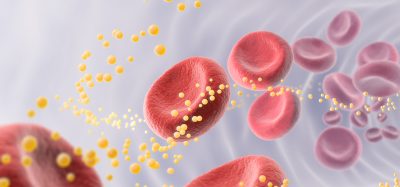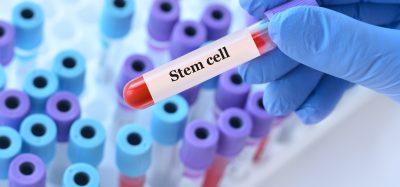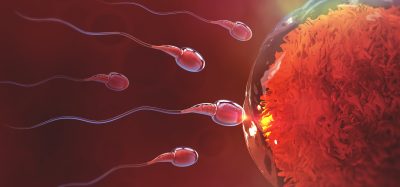Expert view: Large‑scale stem cell expansion and differentiation
Posted: 6 September 2018 | Dr. Philipp Nold (Eppendorf) | No comments yet
Stem cell-based technologies lay the basis for pioneering approaches in drug screening, toxicology testing, and regenerative medicine. The constant supply of high cell numbers in consistent quality needs scalable culture systems and standardised process conditions.
Cellular assays based on stem cell‑derived cells hold great promise in industrial drug research. To deliver robust results, reproducible processes for cell expansion and differentiation are needed; and the routine application of cell‑based assays requires the production of high cell numbers. Two‑dimensional systems such as T-fl asks and plates are widely used for the cultivation of stem cells but are limited in control and scalability. Stirred-tank bioreactors have emerged as promising alternative culture systems. We find more and more examples for the successful expansion of adherent cells in bioreactors, as cell aggregates or on microcarriers, including human induced pluripotent stem cells and tumour cell lines. It is in the bioreactor that the differentiation of stem cells into the desired cell type can take place. Stirred-tank bioreactor design has proven its value for efficient culture scaling, because it allows similar vessel geometries and capabilities at different scales. This facilitates a smooth transition to larger volumes and offers the option of process scale‑down for optimisation as well as troubleshooting.
A thorough understanding of how process parameters – such as pH, oxygen tension, and medium composition – influence cell growth, characteristics, and differentiation are needed. Bioprocess systems allow the close monitoring and control of these parameters. By statistical analysis of bioprocess data tracks, researchers gain comprehensive process understanding. Based on this they can develop control strategies, ensuring that set points are met throughout the culture and that conditions are comparable between batches.
Altogether, stirred‑tank bioreactors have great advantages to produce stem cell‑based products – by allowing expansion of adherent cells as cell aggregates, facilitating reproducible culture conditions, and being scalable.
Biomarkers are redefining how precision therapies are discovered, validated and delivered.
This exclusive expert-led report reveals how leading teams are using biomarker science to drive faster insights, cleaner data and more targeted treatments – from discovery to diagnostics.
Inside the report:
- How leading organisations are reshaping strategy with biomarker-led approaches
- Better tools for real-time decision-making – turning complex data into faster insights
- Global standardisation and assay sensitivity – what it takes to scale across networks
Discover how biomarker science is addressing the biggest hurdles in drug discovery, translational research and precision medicine – access your free copy today
Related topics
Assays, Cell-based assays, Regenerative Medicine, Screening, Stem Cells, Toxicology
Related organisations
Eppendorf
Related people
Dr. Philipp Nold








